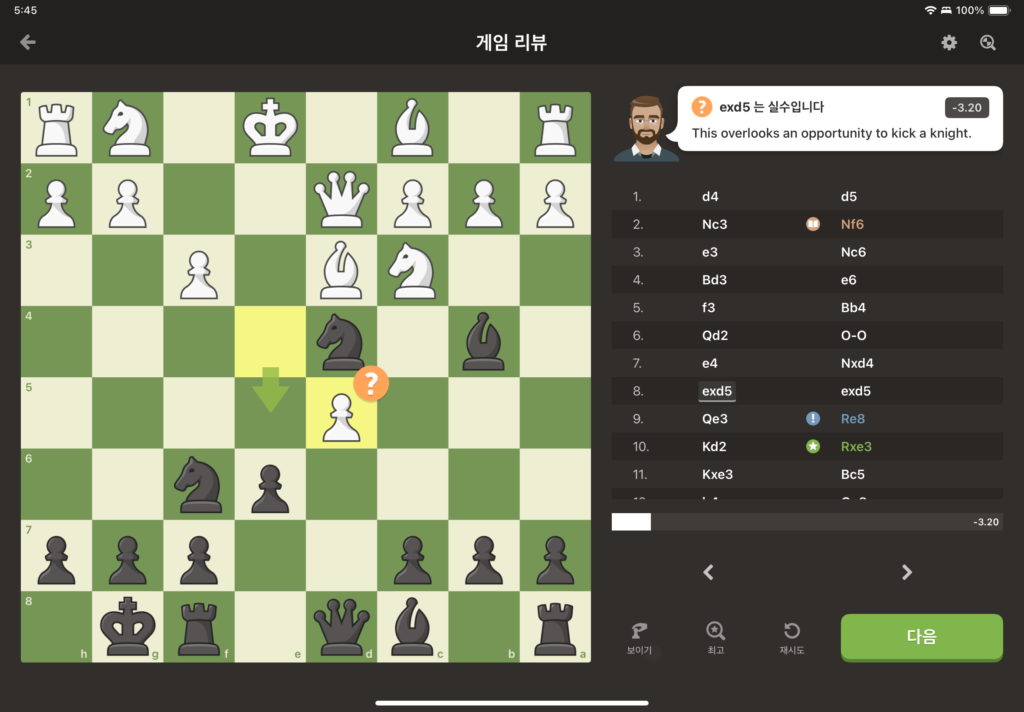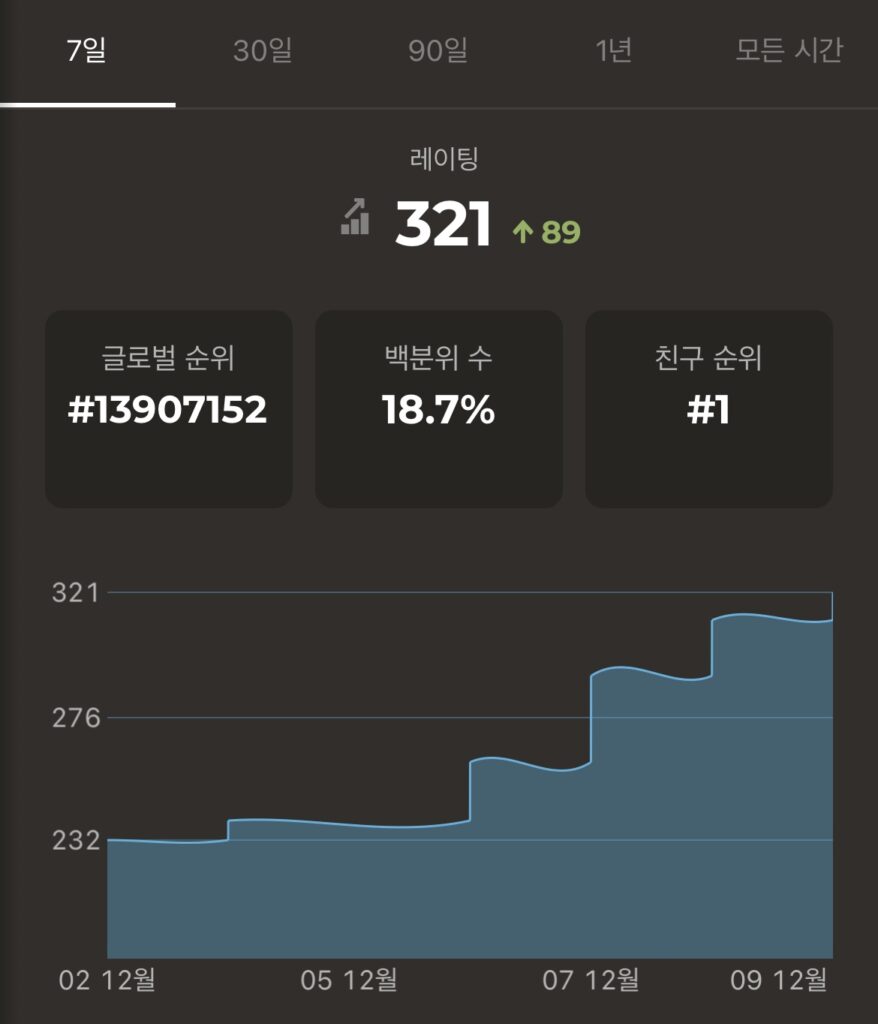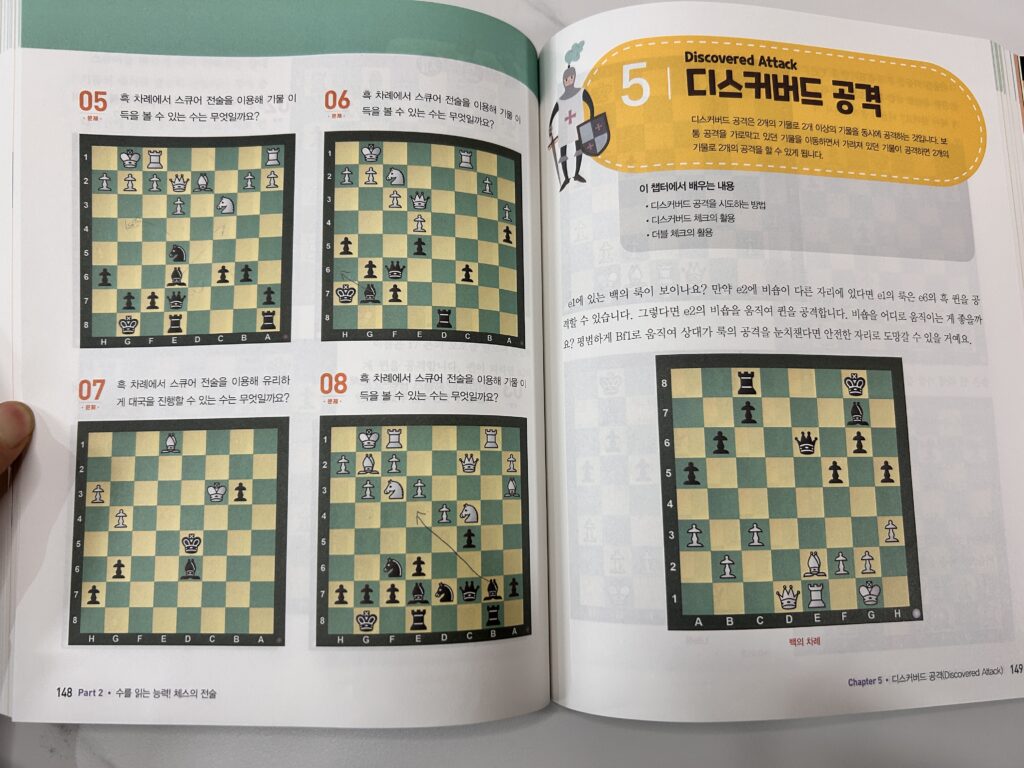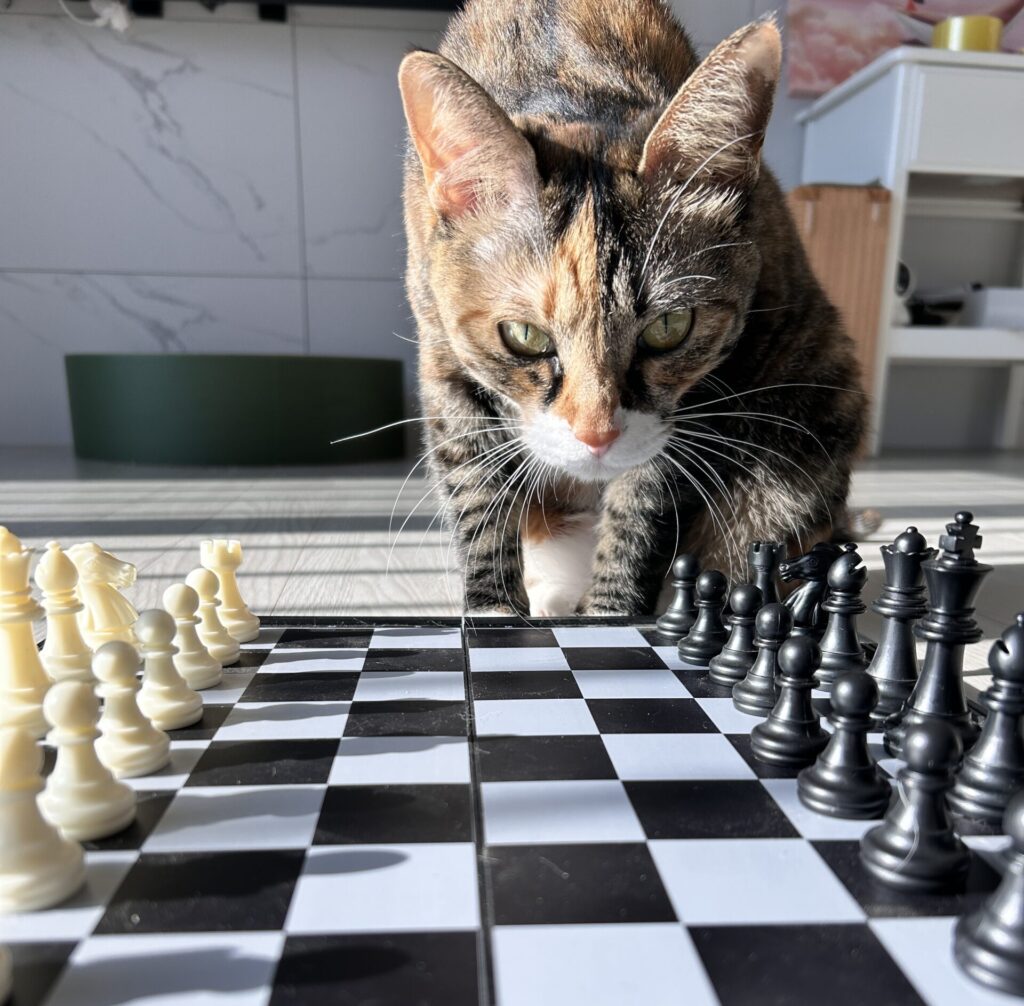Lately, I’ve been spending a lot of my free time on chess, not just playing for fun, but really studying it. Saying I’m “playing for fun” doesn’t fully capture it, even though it’s not my job to play chess, because I’m doing it with a real intention to improve. I’m not trying to become a world champion or anything like that, but I do love the feeling of getting better. There’s something so deeply satisfying about seeing progress, no matter how small.
Winning a game is always exciting, but losing has its own value too, even if it doesn’t feel great. Each loss is an opportunity to learn, not just during the game but especially afterward, when I review the moves. This process of looking back and analyzing what went right and wrong has been one of the most helpful ways for me to improve. There are apps (like Chess.com) that break down every move for you after each game. Through this, I’ve learned new strategies, spotted my weaknesses, and gained a logical understanding of why certain moves are stronger than others.

Losing a game reminds me that there’s always room for improvement and that no matter how far I’ve come, there are still so many people ahead of me. For example, there are about 1,800 chess grandmasters worldwide. That’s a lot of people, and it makes me realize how many more skilled players exist in the vast space between a beginner like me and the grandmasters. It’s intimidating, but it also motivates me to keep going because I know there’s so much more to learn.

I feel that chess is similar to developing other complex skills, such as learning a language. Once you get the basics down, it’s much easier to move forward and aim for something higher. For example, understanding tactics such as pins or forks, studying the opening patterns, or practicing checkmate drills, helps me spot opportunities more easily during games. This groundwork not only makes playing more fluid and effective (and I can play more confidently!) but also makes it easier to build on and improve further. And when I play a great game (or even just pull off a smart move to capture a piece strategically) it feels incredible, like a rush of triumph.

For me, chess feels like more than just a game. It mirrors many aspects of life. Maybe I’ll write more about it another time. I’m not aiming to be a grandmaster or even a high-level player anytime soon, but I enjoy the process of improving one step at a time. That’s what makes it so fun and rewarding.


